The Dismantling of Equity: How Attacks on DEI Challenge America’s Core Values
By Jeff Cooper
In recent years, we have witnessed an alarming trend: powerful figures systematically targeting diversity, equity, and inclusion (DEI) initiatives and civil rights protections across American institutions. These actions go far beyond ordinary policy adjustments—they represent a direct challenge to the fundamental American ideal that our society should strive toward equal opportunity and justice for all people, regardless of background.
The Strategic Rollback
The systematic dismantling of DEI programs and civil rights protections has taken several forms:
Corporate Retreat from Diversity Commitments
Major corporations have been scaling back their diversity initiatives under pressure from political figures and well-funded advocacy groups. In a striking example, after facing legal challenges, several Fortune 500 companies eliminated their supplier diversity programs that had been designed to provide opportunities to historically excluded business owners. Tech giants that once proudly published annual diversity reports have quietly discontinued this practice, eliminating transparency around their hiring and promotion demographics.
Higher Education Under Siege
Universities have become prime battlegrounds in this war against equity. Following the Supreme Court’s decision against race-conscious admissions policies, institutions across the country have been forced to dismantle not just their admissions practices but entire offices dedicated to supporting underrepresented students. At several major state universities, DEI offices have been completely eliminated by legislative mandate, with funds redirected to programs that avoid any explicit focus on racial equity.
A particularly telling example occurred when a state governor ordered the removal of African American studies programs from public universities, claiming they represented “divisive concepts” rather than legitimate academic inquiry. This action effectively erased decades of scholarly work while denying students access to important perspectives on American history.
Federal Policy Reversals
At the federal level, critical civil rights enforcement mechanisms have been weakened through budget cuts, staffing reductions, and policy revisions. The Equal Employment Opportunity Commission has seen its enforcement capabilities diminished, while the Department of Education’s Office for Civil Rights has retreated from investigating systemic discrimination complaints in school districts.
Immigration Policy Disparities
Perhaps the most glaring examples come from immigration policy, where decision-makers have implemented starkly different approaches based on immigrants’ countries of origin. While expedited pathways were created for certain European immigrants, including white South Africans citing political concerns, asylum seekers from Central America, Haiti, and African nations face increasingly insurmountable barriers. The dramatic disparity in treatment reveals how immigration policy has become a tool for reshaping the demographic future of the country.
Beyond Policy: The Attack on American Values
What makes these actions particularly troubling is that they strike at core principles that have guided American progress:
Equality of Opportunity
The American ideal that people should succeed based on their abilities rather than their background is fundamentally undermined when systems deliberately exclude certain groups. By dismantling programs designed to level historically uneven playing fields, these rollbacks ensure that systemic advantages remain entrenched.
Truth and Reconciliation
The attempt to silence discussions about historical inequities—whether through “divisive concepts” legislation or the elimination of ethnic studies programs—prevents the honest reckoning with history that any healthy society requires. We cannot address wounds we refuse to acknowledge.
Innovation Through Diversity
America’s global leadership has been built on its ability to harness the talents and perspectives of people from diverse backgrounds. Companies with diverse workforces consistently outperform their homogeneous competitors in innovation metrics. By retreating from diversity, we compromise not just our moral standing but our competitive edge.
The Future at Stake
The consequences of this rollback extend far beyond the immediate policies. As DEI initiatives and civil rights protections are dismantled, we risk:
- Resurgent discrimination without accountability mechanisms
- Widening inequality as opportunity becomes increasingly concentrated
- Diminished social cohesion as communities perceive themselves as under attack
- A less competitive workforce ill-equipped for global challenges
Perhaps most concerning is how these actions intersect with emerging technologies like artificial intelligence. As AI systems are developed in environments hostile to equity concerns, they risk amplifying historical biases at unprecedented scale and speed. The elimination of ethical oversight in these domains could lead to technological systems that entrench rather than alleviate social inequalities.
The Path Forward
Despite these challenges, there are reasons for hope. Throughout American history, progress toward equality has never been linear—periods of advancement have often been followed by backlash before renewed progress. The current rollback has sparked renewed grassroots organizing, with communities developing alternative structures to continue equity work even as official channels disappear.
Businesses committed to both moral leadership and competitive advantage continue to pursue diverse workforces and inclusive cultures, recognizing these as essential to their long-term success. And a new generation of Americans appears increasingly committed to addressing historical inequities, even as institutional support wanes.
The ultimate test will be whether enough Americans recognize what is at stake in this moment: not just specific programs or policies, but the very idea that America should strive to be a place where opportunity and justice extend to everyone. Our response to this challenge will determine not just what kind of society we have today, but what kind of future we create for generations to come.
NEWS FROM THE OTHER SIDE – WHERE WE TELL THE TRUTH, NOT WHAT’S POPULAR.
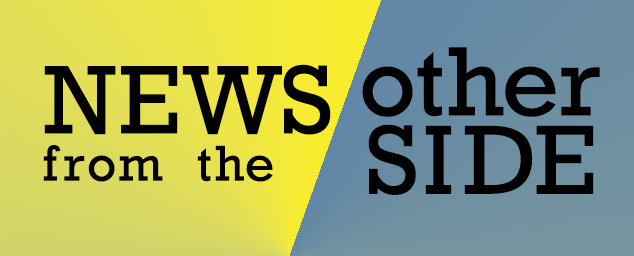
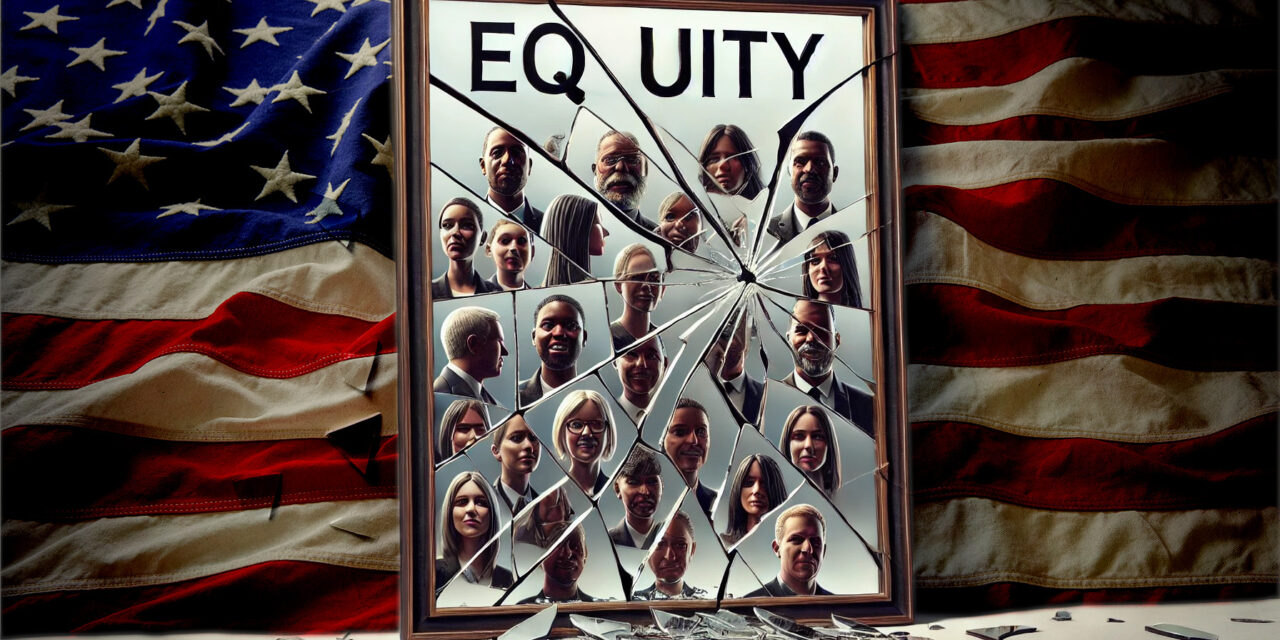
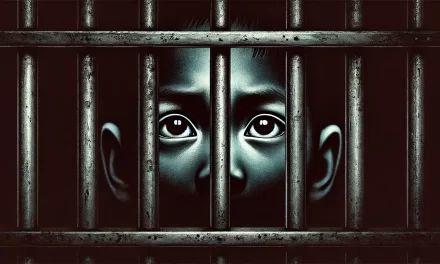
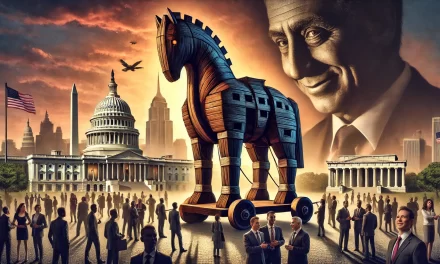
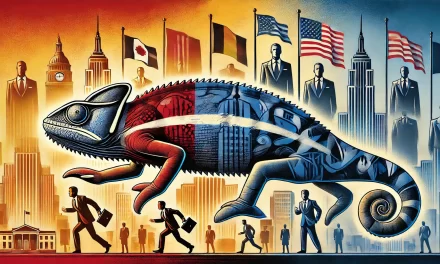
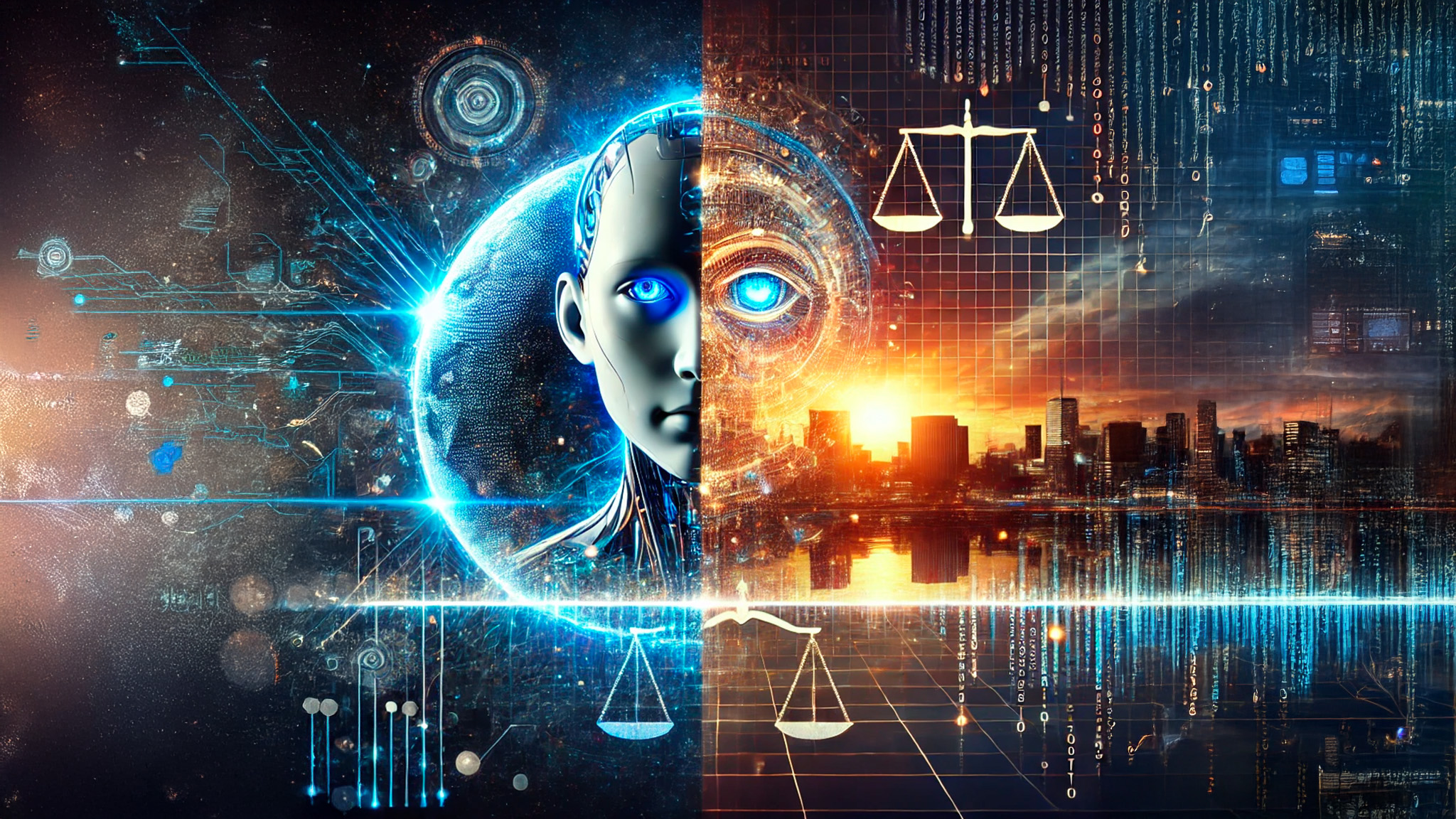
Recent Comments